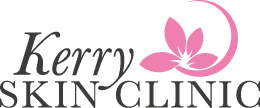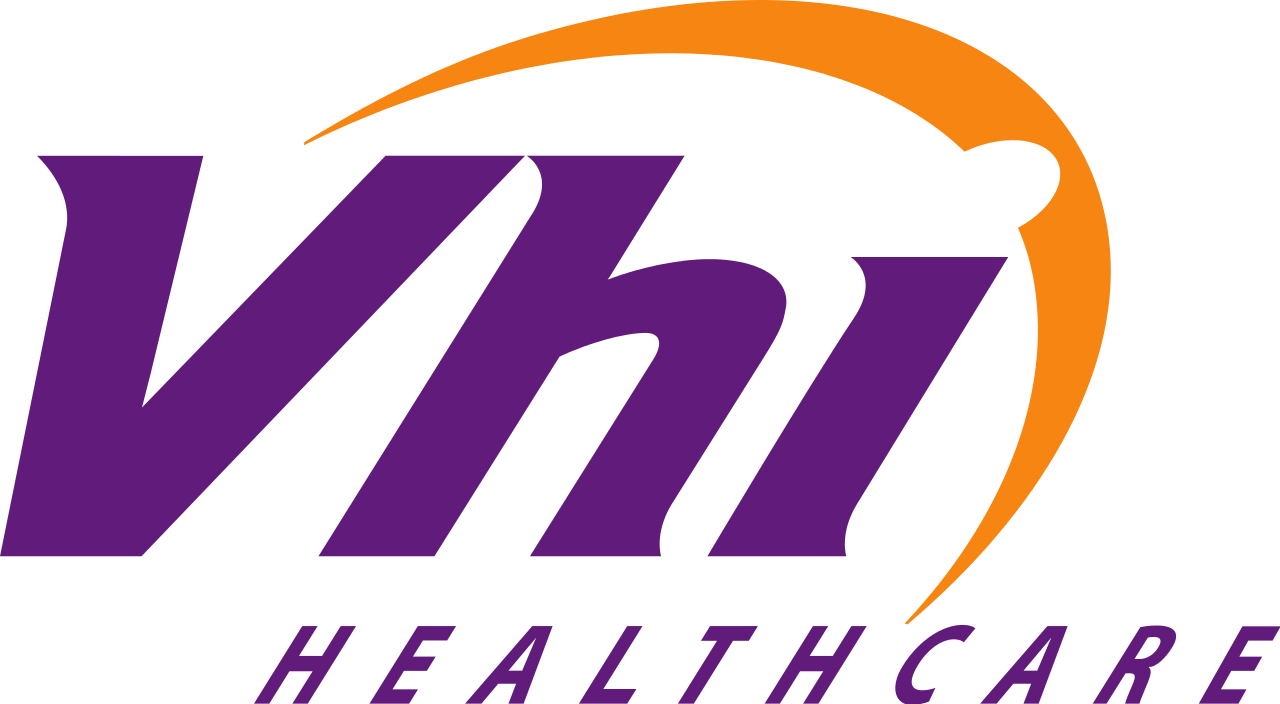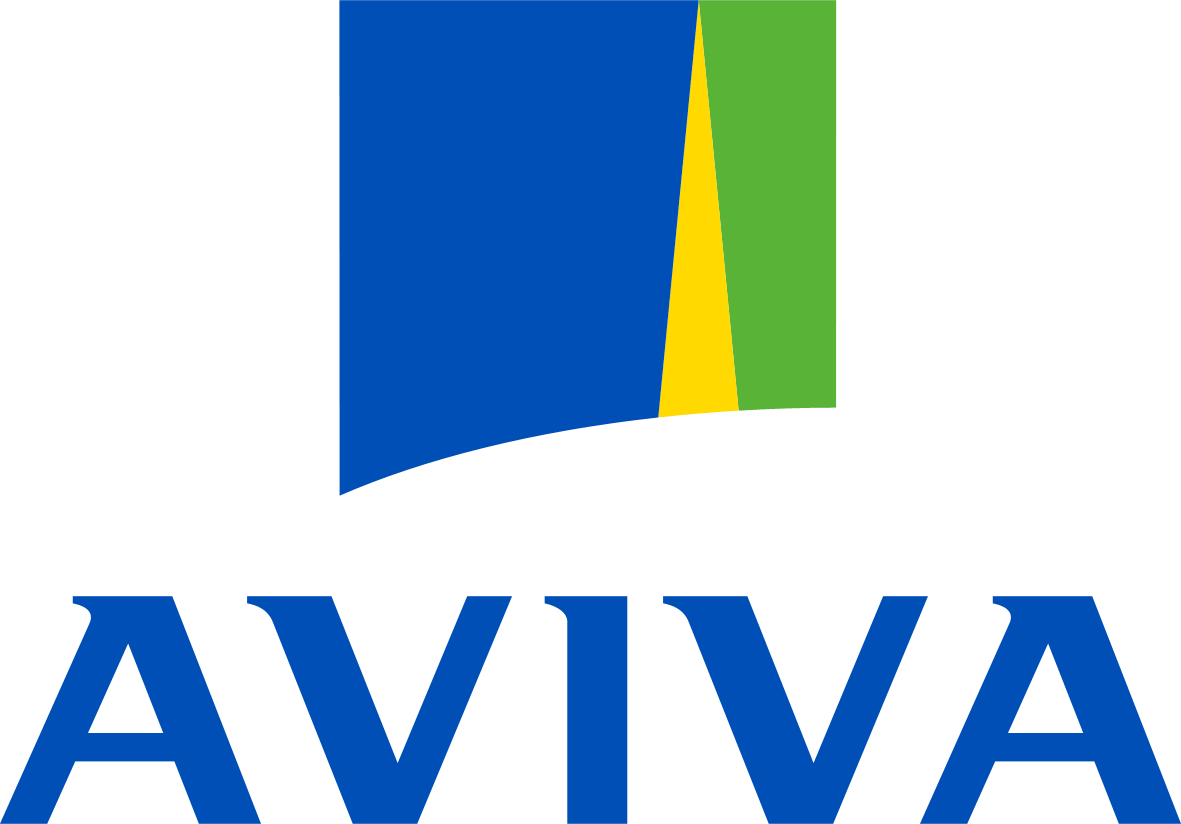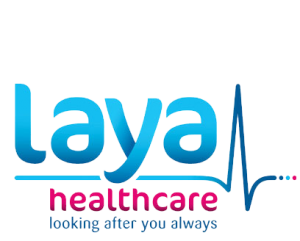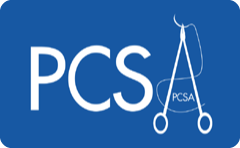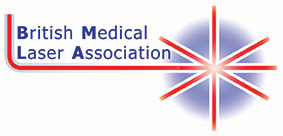 Download this information as a PDF
Download this information as a PDF
Hair Growth and the Role of Vitamins
All vital amino acids (Vitamins) are by definition essential nutrients that the body needs to maintain health overall, and hair health in particular. The complete absence of any vitamin will lead to illness and even death. However, outside of undeveloped countries, extreme diets and specific diseases, vitamin deficiency severe enough to cause disease is very rare, and this includes hair loss. Menstruating women who do not consume enough iron-containing foods are often iron deficient and should supplement, and people like me who live in Cleveland or similar cloudy locations should assume they are deficient in Vitamin D and supplement accordingly. Most vitamins are readily available in our diets, and inexpensive oral supplements can be used to ensure adequate levels are available for our bodily functions. Excess intake of vitamins can cause disease states as well or are eliminated from the body unused, so in spite of the availability of heavily promoted nutrient supplements claiming to improve hair growth and quality, the consumer should be cautious and seek the most cost-effective options. Also Read: Hair Supplements: Are They Worth the Hype?
Key Vitamins for Hair Growth
Biotin
Biotin is a critical vitamin for healthy hair growth, and deficiency will lead to thinning hair. However, biotin deficiency is very rare and almost always associated with an inherited disorder called biotinidase deficiency. Biotin deficiency has never been reported in healthy individuals with a normal diet, and there is no evidence that biotin supplements will help grow hair in the absence of a documented deficiency. Acquired biotin deficiency may occur with raw egg consumption, alcohol use disorder, pregnancy, and isotretinoin and antibiotic use. Notably, excess biotin intake may interfere with a number of important lab tests, including thyroid and other hormone tests such as pregnancy tests.[1]
Natural Sources
Biotin deficiency is very rare because biotin is found in eggs, liver, wheat and oat cereals, several vegetables, rice, and dairy products, so even vegetarians and vegans can fulfill their body’s need for this vitamin.
Recommended Daily Intake
The FDA does not have a recommended daily allowance (RDA) for biotin. However, most sources state that a daily intake of 30 mcg is sufficient to prevent deficiency. Biotin remains commonly recommended by hair loss specialists at doses up to 2.5 to 5 mg/day.
Excess Intake Risks
There are no reports of biotin toxicity even at very high doses of 100,000 mcg per day. However, there is also no evidence to support such doses for the treatment of hair loss or any other condition.
Vitamin D
Vitamin D plays an important role in healthy hair development as well as in many other physiologic processes, so deficiency may have detrimental effects. However, exactly how deficiency impairs hair growth is unknown. There are reports in the literature of successful hair regrowth after correcting Vitamin D deficiency, but in areas such as the northeast US, where Vitamin D deficiency is very prevalent, supplements rarely bring clinical benefits. Hair loss specialists who regularly screen for Vitamin D levels help patients attain normal levels for all of its potential benefits.[1]
Natural Sources
Dietary Vitamin D is most easily obtained through fortified foods such as milk, yogurt, orange juice, and cheese, in fatty fish including sardines, salmon and tuna, and in egg yolks and mushrooms. The prevalence of Vitamin D deficiency suggests that most people do not consume adequate dietary Vitamin D, nor have sufficient sun exposure for adequate skin conversion of Vitamin D.
Recommended Daily Intake
Most experts recommend a daily Vitamin D intake of 600 to 1000 IU/day for adults. Severe deficiency can be treated with high-dose prescription strength Vitamin D for short periods of time.
Excess Intake Risks
Severe Vitamin D deficiency is defined as blood levels of 20 ng/ml or less, mild deficiency at 30-50 ng/ml, and normal levels at 50-70 ng/ml. Levels above 80ng/ml are excessive, and severe toxicity, known as hypervitaminosis D or vitamin D intoxication occurs at levels above 150 ng/ml. This would require extremely high daily doses over a long period, with symptoms including bone pain and kidney problems, such as the formation of calcium stones. Progression to confusion, apathy, recurrent vomiting, abdominal pain, and dehydration may occur if supplements are not stopped.
Vitamin C
Vitamin C is another essential nutrient required for the biosynthesis of collagen, L-carnitine, and certain neurotransmitters, and is also involved in protein metabolism. Collagen and other proteins are important for healthy hair growth. Vitamin C helps the absorption of plant-based iron, another important nutrient for healthy hair growth. Severe Vitamin C deficiency produces scurvy, a life-threatening disease that includes follicular hyperkeratosis and corkscrew hairs. Interestingly, smokers have impaired Vitamin C absorption and need greater dietary intake.[1,4]
Natural Sources
Natural sources of Vitamin C include all citrus fruits, red and green bell peppers, tomatoes, broccoli, brussels sprouts, potatoes, spinach, green peas, cantaloupe and strawberries.
Recommended Daily Intake
The RDA for Vitamin C is 90 mg daily for men and 75 mg daily for women, with higher intake during pregnancy and lactation. This can usually be obtained from a healthy diet.
Excess Intake Risks
Excess Vitamin C intake does not generally cause toxicity, but can result in gastrointestinal distress, insomnia, headaches and rarely kidney stones. Most excess Vitamin C is excreted unmetabolized in the urine.
Key Minerals for Hair Growth
Iron
The most common nutritional deficiency in the world is iron deficiency, and iron deficiency is common in women with hair loss. However, the association between hair loss and low serum ferritin (iron) levels remains controversial. While testing for and correcting iron deficiency is always prudent, significant improvement in hair loss in these individuals cannot be assured.[1]
Natural Sources
Iron is found in many natural sources, including meat, fish, poultry, fruits, vegetables, grains, and more.
Recommended Daily Intake
The RDA for all age groups of men and postmenopausal women is 8 mg/day; the RDA for premenopausal women is 18 mg/day. This can usually be obtained from a healthy diet. If you suffer from hair loss you should have your blood tested for anaemia and low levels of vitamin B12, folate and ferretin (iron).
Excess Intake Risks
The upper limit for safe iron intake is 45 mg per day for adults. Excess iron is deposited in organs throughout the body and can cause organ damage due to the formation of reactive oxygen species. The liver, heart and endocrine glands are the most notable organs with iron deposition. Extremely high doses can cause organ failure, coma, convulsions and death.
Choosing the Right Supplements
With rare exceptions noted in this discussion, the availability of vitamins and minerals in a varied and healthy diet makes supplementation unnecessary for most individuals. When supplements are desired, there are many choices for multivitamins or individual vitamins that are readily available and inexpensive. There are also several heavily marketed “hair loss” supplements that are very expensive and that lack scientific credibility. The reader is cautioned to be skeptical of these products.
Anyone experiencing hair loss and interested in treatment should first see a health care professional such as a Board-Certified Dermatologist for a thorough examination and assessment. Early intervention with the correct medications and supplements should provide the best long-term benefits.
Expected Results and Timeline
Unfortunately, improvement in hair growth rate and quality can take months to become noticeable, as individual hair shafts grow only about 1 mm per day. Accordingly, when beginning a treatment program, patience is needed and one should only make status checks every three months or so.
Expert Opinion
As a hair loss specialist with over thirty years of experience, I have seen and tried just about every product, procedure, and supplement to help my patients with hair loss. As there are only two FDA-approved medications available to treat pattern hair loss (finasteride and minoxidil,) there has always been a desire and need for more choices. I have always recommended a healthy and varied diet, and when appropriate, hair-focused nutritional supplements for my patients. I have seen definite and sometimes dramatic improvement with the FDA-approved medications mentioned above, but only a tiny handful of patients have shown improvements with vitamins and nutraceuticals used as a monotherapy. As mentioned several times above, most of us obtain all of our nutrients from our diet, and true deficiencies are rare.
FAQs
What are the best vitamins for hair growth?
The available evidence supports the routine use of only three supplements: Vitamin D, Iron, and Vitamin C, mostly for its effects on improving iron absorption. Overuse of biotin can lead to dangerously false laboratory results, and while other supplements are unlikely to cause harm, there is little evidence that they will provide benefit.
Do vitamins really help hair growth?
All vitamins are essential for normal growth and development and that includes healthy hair, skin and nails. We obtain most of what the body requires through our daily diet, so supplements are rarely needed.
References
- AlmohannaHM, AhmedAA, Tsatalis JP,Tosti The Role of Vitamins and Minerals in Hair Loss: A Review Dermatol Ther (Heidelb). 2019 Mar; 9(1): 51–70.
- VanBuren CA,Everts Vitamin A in Skin and Hair: An Update. Nutrients. 2022 Jul; 14(14): 2952.
- Khalil S, Bardawil T, Stephan C, Darwiche N, Abbas O, Kibbi AG, et al. Retinoids: a journey from the molecular structures and mechanisms of action to clinical uses in dermatology and adverse effects. The Journal of Dermatological Treatment. 2017 28 (8): 684–696.
- Li Y, Schellhorn HE. New developments and novel therapeutic perspectives for vitamin C. J Nutr 2007;137:2171-84.
- BeoyLA, WoeiJW,Hay Effects of Tocotrienol Supplementation on Hair Growth in Human Volunteers. Trop Life Sci Res. 2010 Dec; 21(2): 91–99.
- JaripurM, Ghasemi-TehraniH, Askari G, Gholizadeh-Moghaddam M, Clark CT, Rouhani The effects of magnesium supplementation on abnormal uterine bleeding, alopecia, quality of life, and acne in women with polycystic ovary syndrome: a randomized clinical trial. Reprod Biol Endocrinol. 2022; 20: 110.
This article is based on information from The International Society of Hair Restoration Surgery (ISHRS): www.ishrs.org
For further information contact:
Dr David Buckley
www.kerryskinclinic.ie
Email This email address is being protected from spambots. You need JavaScript enabled to view it.
Tel 066 7174066

